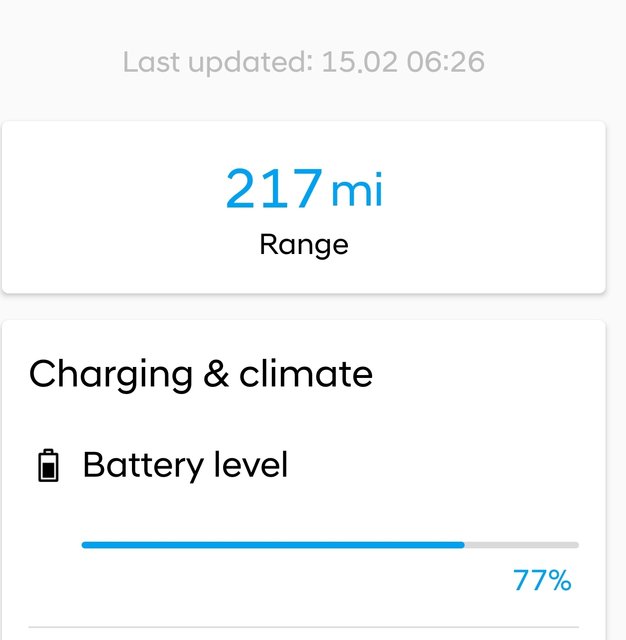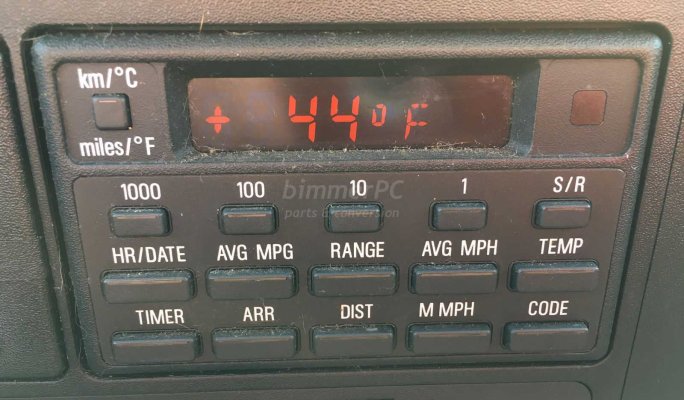ChipChop
MB Enthusiast
217 miles is indeed 77% of 282 miles. Real life?Also:

For my smaller 74kWh battery, the predicted range for a 100% charge is 282 miles.
Again, these are my 'Real life' figures.
What would the range be if I switched off all the heaters, and put the car in 'Eco' drive mode? No idea, this isn't my real life..... it's just as hypothetical for me as asking what would the remaining mileage be if I was towing a caravan - I don't know.

